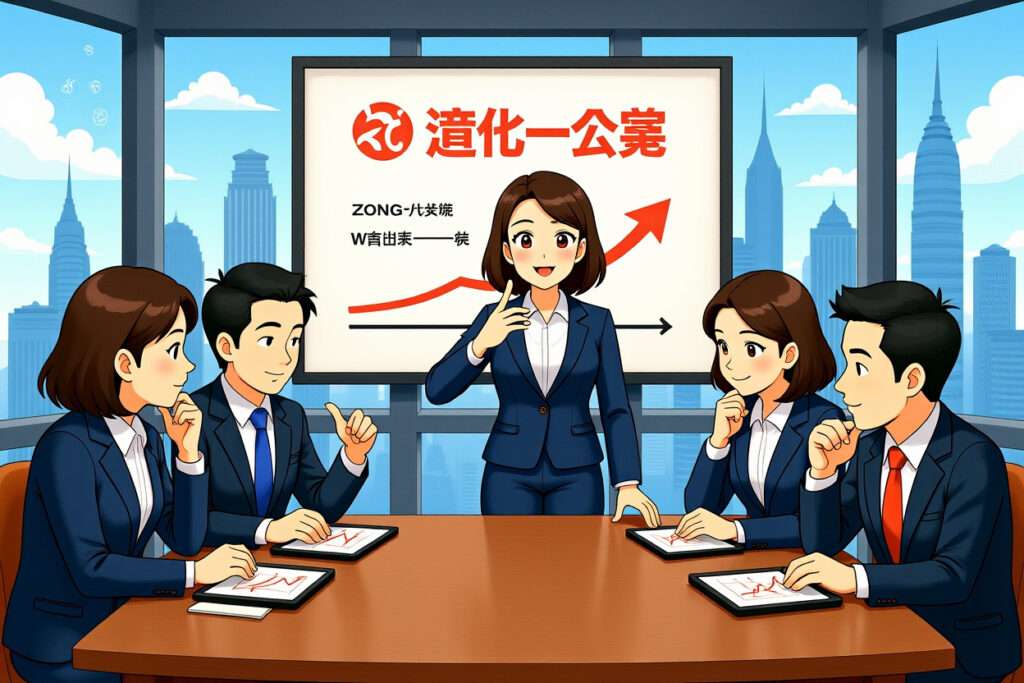The Apology That Captivated China’s Financial Community
When Xibei餐饮 (Xibei Catering) founder Jia Guolong (贾国龙) issued his company’s apology letter on September 15th, few could have predicted how a single punctuation mark would escalate into a full-blown public relations disaster. The incident, stemming from criticism by prominent businessman Luo Yonghao (罗永浩), has become a case study in how not to handle crisis communications in China’s increasingly sensitive consumer market.
This Xibei’s PR crisis demonstrates the heightened vulnerability of Chinese consumer brands to social media backlash. Within hours of the initial apology posting on Weibo, the company deleted and reposted a revised version with one crucial difference: the addition of quotation marks around the character 虐 (nüè), meaning “abuse” or “mistreat.” This seemingly minor change inadvertently drew more attention to the controversial language rather than diffusing the situation.
Anatomy of a Botched Apology
The original Xibei apology letter contained several strategic missteps that financial analysts and PR professionals have since dissected extensively. The document’s structure, tone, and content choices provide valuable lessons for other Chinese companies facing similar challenges.
The Punctuation Problem
Xibei’s initial statement included the phrase: “顾客虐我千百遍,我待顾客如初恋” which translates to “Customers may mistreat me thousands of times, I will treat customers like first love.” The problematic term 虐 (nüè) without quotation marks appeared to suggest customers were actually mistreating the company rather than using the term metaphorically. The revised version added quotation marks around this character, attempting to indicate figurative language, but the damage was already done.
Unnecessary Corporate Flattery
Financial communications experts noted the apology’s reference to “正如西贝餐饮创始人贾国龙向顾客所做的承诺” (“Just as Xibei Catering founder Jia Guolong promised customers”) as particularly problematic. This phrasing shifted focus from accountability to executive glorification, undermining the apology’s sincerity. For institutional investors monitoring corporate governance practices, this raised red flags about leadership priorities during crisis situations.
The Founder’s Dilemma: When Leadership Becomes Liability
Xibei’s PR crisis represents a growing pattern in Chinese corporate communications where founder involvement exacerbates rather than resolves problems. Recent examples include Zhang Ligang (张黎刚) of 爱康国宾 (iKang Healthcare) and now Jia Guolong of Xibei, both cases where executive intervention intensified public backlash.
Three Critical Risk Factors
– Premature commitment: Founders who speak too early may paint themselves into corners with limited options for course correction
– Unforced errors: Spontaneous media interactions often lead to additional misstatements under pressure
– Personality conflicts: Individual leadership styles may clash with appropriate crisis response protocols
PR professionals across Asia are increasingly advising clients that during initial crisis phases, founders should “谋定后动” (plan before acting) and carefully consider whether personal involvement will help or hinder resolution efforts.
Market Implications and Investor Considerations
The Xibei’s PR crisis has broader implications for China’s consumer sector and restaurant industry specifically. For international investors, such incidents highlight both the risks and opportunities in Chinese consumer brands.
Brand Vulnerability Assessment
– Social media amplification: Minor incidents can rapidly escalate on Chinese platforms like Weibo and Douyin
– Consumer sentiment shifts: Chinese consumers increasingly prioritize corporate ethics and transparency
– Competitive landscape: Crises create openings for competitors to gain market share during disruption periods
Financial analysts monitoring the situation note that Xibei’s response pattern mirrors challenges seen across China’s consumer sector, where rapid growth has sometimes outpaced crisis management capabilities. The company’s reference to learning from 胖东来 (Pang Donglai), a respected retail brand, was viewed by market watchers as an attempt to borrow credibility rather than demonstrate genuine contrition.
Crisis Management Lessons for Chinese Companies
The Xibei case offers actionable insights for publicly traded companies and private enterprises alike. Effective crisis response requires preparation, precision, and understanding of evolving consumer expectations.
Strategic Communication Protocols
– Establish clear escalation procedures: Define when founders should versus shouldn’t engage publicly
– Develop message testing protocols: Vet communications for potential misinterpretation before distribution
– Prepare contingency plans: Have backup strategies ready when initial responses miss the mark
This Xibei’s PR crisis demonstrates that in today’s hyper-connected market, companies must balance speed with precision in their communications. The incident shows how seemingly minor details can significantly impact brand perception and shareholder value.
Forward-Looking Implications for China’s Consumer Market
The fallout from Xibei’s handling of this situation will likely influence how other Chinese consumer brands approach crisis management. Institutional investors are increasingly factoring communications competence into valuation models, particularly for consumer-facing businesses.
As China’s consumer market continues to mature, companies must develop more sophisticated approaches to stakeholder communications. The Xibei’s PR crisis serves as a reminder that in the age of social media, control over narrative is increasingly difficult to maintain once a story gains momentum. Companies that invest in robust crisis preparation, including media training for executives and established response protocols, will likely outperform those that rely on ad-hoc approaches.
For global investors monitoring Chinese consumer sectors, this incident highlights the importance of evaluating companies’ communications capabilities alongside traditional financial metrics. The ability to effectively manage reputation risk has become an increasingly valuable corporate asset in China’s volatile digital landscape.




